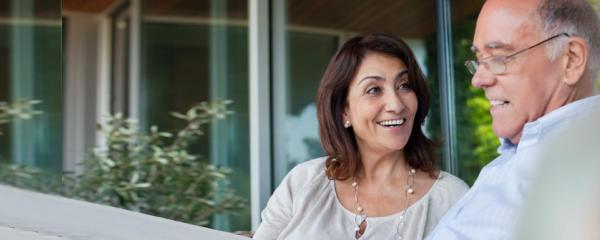
HealthPerks Newsletter
HealthPerks is a monthly e-newsletter with health articles, tips, healthy recipes and more.
Find a Blog
Blog Categories
Are You at Risk for Developing Lung Cancer?

Identify your risk factors and what to do if you are at risk.
